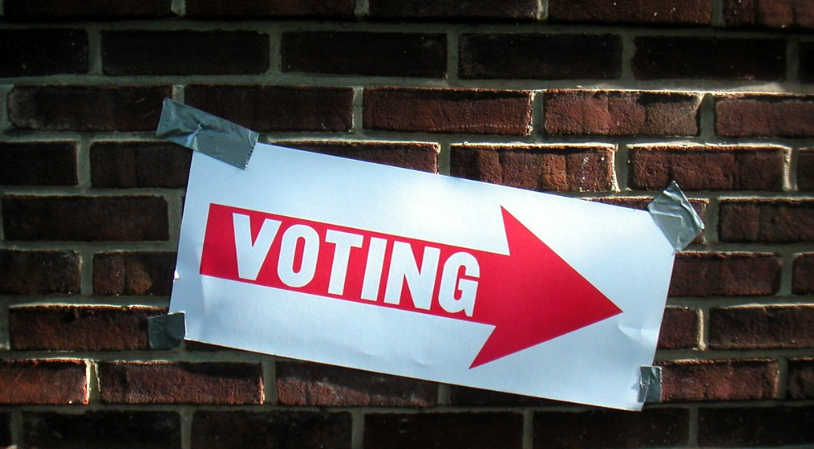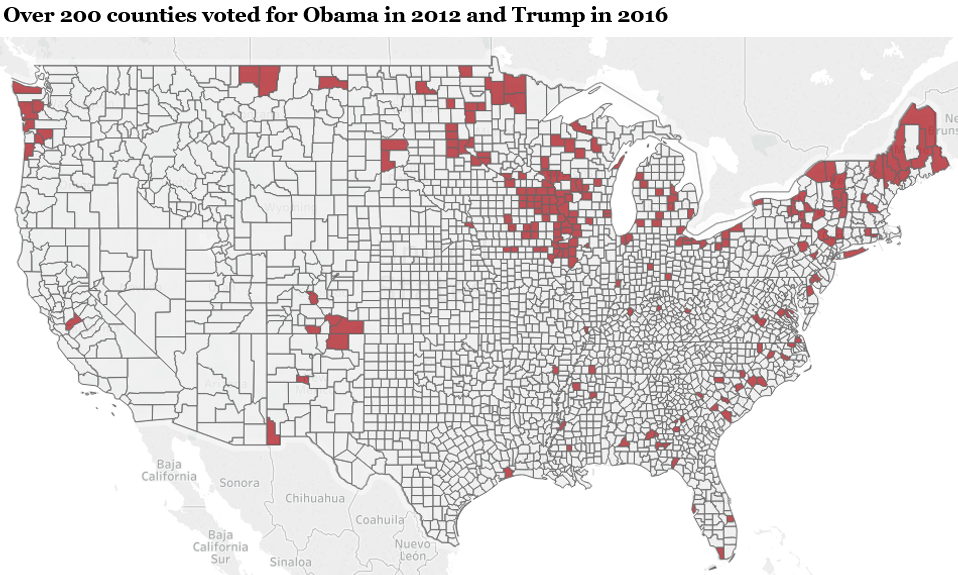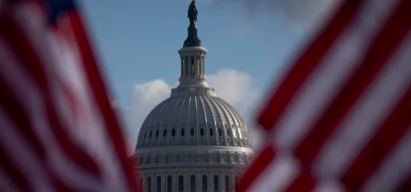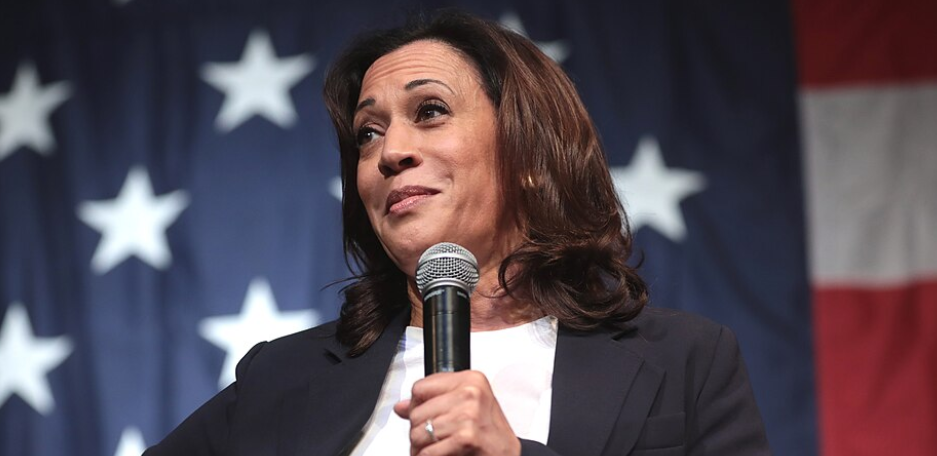Why Biden’s 2020 voters rejected Harris in 2024
What to Know
-
A 1-3% voter shift in key swing states like Pennsylvania, Michigan, and Wisconsin secured Trump’s victory.
-
64% of defecting voters cited inflation and the rising cost of living as their primary reasons for flipping.
-
53% of suburban Independents who flipped were influenced by concerns over crime and Harris’s perceived weakness on public safety.
-
Disillusionment led to a 4% drop in urban progressive voter turnout compared to 2020, with some opting for third-party candidates.
-
A growing bloc of voters blends fiscally conservative views with socially progressive values, reshaping electoral strategies.
Resonate, a leading provider of voter insights and analytics, played a pivotal role in analyzing the dramatic shift in voter behavior during the 2024 election. Known for its cutting-edge AI-driven research and data visualization tools, Resonate offers an unparalleled understanding of voter motivations and demographic trends.
Their latest report, The Great Flip: Why Biden Voters Abandoned Harris in 2024, delivers a comprehensive look at how economic concerns, public safety, and shifting values swayed key voter groups, ultimately costing Kamala Harris the presidency. This analysis underscores Resonate's commitment to delivering actionable insights to campaigns and organizations navigating a complex electoral landscape.
Who Flipped and Why
Millions of Biden's 2020 supporters defected in 2024 due to a confluence of factors, including changing priorities, unfulfilled expectations, and economic anxieties. Resonate’s analysis reveals distinct voter groups—each with unique motivations—that played a critical role in reshaping the political landscape and determining the election’s outcome.
Moderate “Kitchen Table” Voters
Moderate “kitchen table” voters were a critical demographic in the 2024 election, prioritizing practical, everyday economic concerns over partisan loyalty. These voters supported Joe Biden in 2020, viewing him as a stabilizing force after a chaotic political period. However, many felt uneasy about Kamala Harris’s perceived left-leaning fiscal policies, which they saw as potentially increasing government spending and taxes.
Resonate’s data shows that 64% of defecting voters cited inflation and the rising cost of living as their primary concerns. With wages stagnating and economic pressures mounting, these voters felt that Harris’s policies lacked clear solutions to their immediate financial challenges. For many, Trump’s messaging on economic recovery resonated more strongly, positioning him as the candidate better equipped to tackle their kitchen table issues.
Urban Progressives Who Felt Let Down
Urban progressives, a group that once offered strong support to Biden, became another segment that drifted away in 2024. Disillusioned by unmet promises on issues like healthcare reform, climate change, and social justice, many chose to stay home or support third-party candidates.
Resonate found that 7% of disillusioned Biden voters in urban areas opted for third-party alternatives, while non-voting rates among this group increased by 4% compared to 2020. These voters, who had hoped for bold action on progressive agendas, grew frustrated by what they saw as a lack of follow-through during Biden’s term. Harris’s campaign struggled to rekindle their enthusiasm, leading to a significant drop in turnout.
Suburban Independents Concerned About Public Safety
Suburban Independents, often a swing group in elections, were heavily influenced by “law and order” messaging in 2024. Many of these voters were skeptical of Harris’s stance on crime and immigration, which the GOP effectively framed as being “soft on crime.” This perception resonated particularly in suburban communities, where public safety was a growing concern.
According to Resonate, 53% of suburban Independents who flipped identified public safety as a top issue. GOP campaigns capitalized on this fear, promoting tougher stances on crime and policing, which swayed these moderate voters. Harris’s inability to counteract these narratives decisively left many suburban voters feeling uneasy about her leadership on these critical issues.
Blue-Collar Populists
Blue-collar populists were another group that played a pivotal role in the Great Flip. In 2020, many of these voters supported Biden, drawn by promises of job growth and significant infrastructure investments. However, by 2024, frustration with what they perceived as unfulfilled promises led them to switch back to Trump.
Resonate’s analysis highlighted that this group was particularly sensitive to economic concerns such as job security and wage growth. With the rising cost of living and slow progress on infrastructure projects, many felt left behind. For blue-collar voters, Trump’s messaging on revitalizing manufacturing and reducing economic burdens struck a chord, drawing them back into the Republican fold.
Key Issues Driving the Switch
The voters who flipped from Biden in 2020 to rejecting Harris in 2024 were motivated by a range of pressing concerns. Economic hardships, healthcare frustrations, and public safety anxieties topped the list, while shifting social values and strategic GOP messaging further influenced their decisions. Resonate’s insights provide a detailed look at the factors that drove this pivotal shift.
Economic Concerns
Economic issues were at the forefront of voter concerns in 2024, playing a significant role in the Great Flip. Inflation, the rising cost of living, and wage stagnation dominated the minds of defecting voters, with 64% citing these factors as their primary reason for abandoning Kamala Harris. Many voters worried that Harris’s perceived progressive fiscal agenda would lead to increased taxes and government spending, exacerbating their financial struggles.
Blue-collar workers and suburban moderates, in particular, felt that their everyday challenges—such as paying for groceries, healthcare, and housing—were not adequately addressed. These voters believed that Trump’s promises of economic recovery and job growth offered a more tangible solution, tipping the scales in his favor.
Healthcare & Pandemic Fatigue
The COVID-19 pandemic's aftereffects also had an impact on voting behavior. While the Biden administration had overseen initial vaccine rollouts, many voters felt disillusioned with what they perceived as a lack of clear post-pandemic policies. Issues like healthcare affordability and access remained unresolved, leaving voters questioning whether Harris could lead effectively in this area.
Resonate’s data revealed that healthcare was a major concern for moderate and progressive voters alike. Rising insurance premiums, coupled with stagnant wages, created frustration, particularly among urban progressives and suburban families. This discontent eroded confidence in Harris’s ability to address systemic healthcare issues, pushing some voters to stay home or look for alternatives.
Law Enforcement & Public Safety
Public safety became a defining issue in 2024, with the GOP effectively portraying Harris as “soft on crime.” This messaging resonated strongly with suburban Independents and moderates who were already concerned about rising crime rates and immigration policies. Resonate found that 53% of suburban Independents who flipped prioritized public safety in their decision-making.
Trump’s campaign capitalized on these fears by emphasizing tougher stances on law enforcement and border security. Harris’s efforts to counter this narrative were seen as insufficient, leading many voters to question her leadership on issues of safety and security.
Shifting Social Values
An emerging hybrid voter profile—those who are socially progressive but fiscally moderate—was also brought to light by the 2024 election. These voters support conservative approaches to economic policy, such as balanced budgets and reduced government spending, while advocating for progressive stances on issues like LGBTQ+ rights, climate change, and racial equality.
Trump’s campaign made strategic adjustments to appeal to this middle-ground voter base. By softening stances on certain social issues, his team was able to attract a portion of these voters who might have otherwise leaned Democratic. Harris’s alignment with more progressive fiscal policies, on the other hand, alienated some voters in this hybrid category, further contributing to the Great Flip.
Impact of the Great Flip
The Great Flip didn’t just determine the outcome of the 2024 election—it reshaped the political strategies and identities of both major parties. Narrow margins in swing states proved decisive, while debates over policy direction and voter priorities deepened divisions within the Democratic Party and broadened coalitions for Republicans. Resonate’s analysis highlights the far-reaching implications of this pivotal shift.
Narrow Margins in Key States
Even small voter changes proved to be decisive in crucial swing states, where the Great Flip was decided by extremely narrow margins. Resonate’s analysis showed that a 1-3% voter shift in states like Pennsylvania, Wisconsin, and Michigan was enough to secure Trump’s narrow victory.
These states, which had been instrumental in Biden’s 2020 win, turned red due to the defection of moderates, suburban Independents, and disillusioned progressives. This outcome highlights the outsized impact of small yet strategically significant voter groups. The data underscores how critical it is for both parties to address localized concerns in these battleground areas, as even slight missteps can swing an election.
Influence on Policy Debates
The defection of key voter groups has sparked significant introspection within the Democratic Party. Some argue that the party should have leaned more centrist on crime and public safety issues to resonate with suburban moderates. Others believe that doubling down on progressive achievements could have reinvigorated urban progressives and boosted turnout.
Meanwhile, Republicans have framed their victory as a rejection of “big government” policies. Trump’s ability to recapture disaffected moderates and blue-collar workers has solidified the GOP’s narrative that conservative economic principles and strong public safety policies are winning strategies. These debates are likely to shape both parties’ platforms moving forward.
Shift in Party Identity
The Great Flip has deepened tensions within the Democratic Party, where a divide between progressive and moderate factions has become increasingly pronounced. Progressive leaders argue that the party’s failure to deliver on key promises alienated their base, while moderates contend that a leftward shift risks further losses among centrists and Independents.
On the Republican side, the victory has broadened the party’s coalition to include socially moderate or progressive-leaning voters who align with conservative fiscal policies. This realignment represents an opportunity for the GOP to redefine itself as a more inclusive party capable of appealing to a diverse electorate.
Looking Ahead to 2028
The 2024 election underscored the economy as a top voter priority, with inflation, cost-of-living pressures, and wage stagnation driving many away from Harris. For Democrats, addressing these economic issues with tangible solutions is critical to regaining trust and avoiding further losses in 2028. Republicans, on the other hand, must sustain their economic messaging, which resonated strongly with blue-collar workers and suburban moderates, while also tackling concerns about wealth inequality and resilience in the job market.
At the same time, both parties face challenges in social messaging. Democrats need to champion progressive reforms in climate change, healthcare, and racial equity while framing them in ways that resonate with centrist voters wary of rapid change. Meanwhile, Republicans, having gained traction with socially moderate voters, must balance maintaining their conservative base with appealing to fiscally moderate, socially progressive voters.
Stronger candidate branding is also necessary, as evidenced by the rise of middle-ground voters. Democrats must find a leader who bridges progressive ideals with moderate pragmatism, delivering clear and consistent messaging that addresses both economic concerns and social priorities. For Republicans, building on Trump’s coalition will require a candidate who appeals to blue-collar populists while softening stances to retain suburban moderates.
Lastly, a third-party movement may become possible as dissatisfaction with the two-party system grows. Urban progressives disillusioned by unmet promises and moderates seeking a less polarizing option could rally behind a viable independent candidate, disrupting the traditional political dynamic and forcing both parties to adapt their strategies.
Wrap Up
The 2024 election and the “Great Flip” represent a turning point in American politics, reshaping the strategies of both major parties. The defection of millions of Biden’s 2020 voters demonstrated the power of economic concerns, public safety, and shifting social values in swaying electoral outcomes. Understanding these motivations will be essential for Democrats and Republicans alike as they prepare for future campaigns.
The long-term implications of the Great Flip extend beyond the next election cycle. As both parties grapple with evolving voter demographics and priorities, the political landscape is likely to continue shifting. Whether through renewed focus on economic issues, realignment of social messaging, or the rise of viable third-party alternatives, the lessons of 2024 will echo well into 2028 and beyond, shaping the very identity of American politics.





